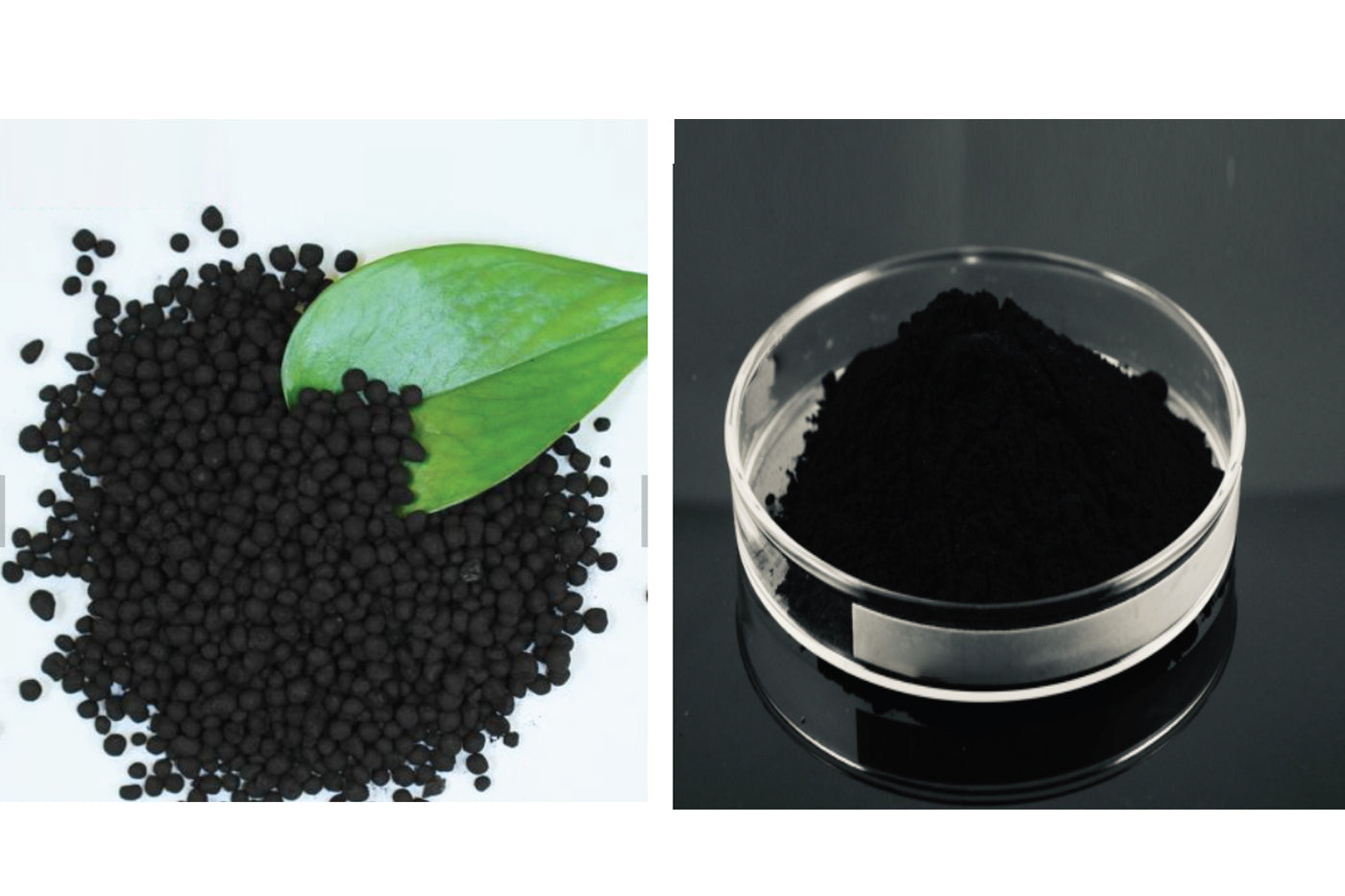Yes, humic acid can indeed be used in organic farming, and it is a valuable tool for organic farmers seeking to improve soil health, enhance plant growth, and maintain sustainable agricultural practices. Organic farming emphasizes the use of natural inputs and practices that promote soil fertility, biodiversity, and environmental sustainability while avoiding synthetic chemicals and genetically modified organisms. Humic acid, derived from natural organic sources, aligns with the principles of organic farming and offers several benefits for organic growers. Here are several key points discussing the use of humic acid in organic farming:
1. Natural Origin:
Humic acid is derived from the decomposition of organic matter in soil. And various organic sources such as compost, manure, peat, and lignite. As a natural organic substance, humic acid meets the criteria for use in organic farming. As it is derived from natural sources and does not contain synthetic chemicals or genetically modified organisms.
2. Soil Health and Fertility:
Organic farming places a strong emphasis on soil health and fertility, as healthy soils are essential for sustainable crop production. Humic acid improves soil structure, enhances nutrient availability, promotes microbial activity, and increases soil organic matter content, all of which contribute to improved soil health and fertility in organic farming systems.
3. Nutrient Management:
Organic farming relies on natural nutrient sources such as compost, manure, and cover crops to provide essential nutrients for plant growth. Humic acid complements organic nutrient management practices by increasing the availability and uptake of nutrients in soil, enhancing nutrient retention, and reducing nutrient leaching, thereby optimizing nutrient use efficiency in organic farming systems.
4. Plant Growth Promotion:
Humic acid contains bioactive compounds such as phytohormones, amino acids, and vitamins that stimulate plant growth and development. These compounds promote root growth, increase nutrient uptake, and enhance plant metabolism. Leading to improved plant vigor, biomass production, and yield in organic farming systems.
5. Stress Resistance:
Organic crops are often exposed to various environmental stresses, such as drought, salinity, and nutrient deficiencies, which can impact their growth and productivity. Humic acid helps organic crops withstand environmental stresses by enhancing their resilience and stress tolerance. It improves water retention, increases nutrient availability, and activates stress-related defense mechanisms in plants, thereby reducing the negative impacts of environmental stresses on organic crops.
6. Microbial Support:
Organic farming relies on beneficial soil microorganisms to support nutrient cycling, organic matter decomposition, and disease suppression. Humic acid promotes the growth and activity of beneficial soil microorganisms by providing a favorable environment for their proliferation. This enhances soil fertility, improves nutrient cycling, and suppresses soil-borne pathogens in organic farming systems.
7. Soil Erosion Control:
Organic farming practices aim to minimize soil erosion and maintain soil health and structure. Humic acid helps control soil erosion by increasing soil stability and resistance to erosion. By promoting the formation of stable soil aggregates and improving soil structure, humic acid reduces soil susceptibility to erosion by wind and water, thus protecting soil quality and preventing nutrient loss in organic farming systems.
8. Certification Compliance:
Humic acid products used in organic farming must comply with organic certification standards and regulations. Organic certifying agencies typically require that inputs used in organic farming, including this products, meet specific criteria related to their natural origin, composition, and production processes. Organic farmers must ensure that they use this products approved for organic farming and compliant with organic certification requirements.
In summary, humic acid is a valuable tool for organic farmers seeking to improve soil health. Enhance plant growth, and maintain sustainable agricultural practices. As a natural organic substance derived from organic sources. Humic acid aligns with the principles of organic farming and offers several benefits for organic growers, including improved soil health and fertility. Enhanced nutrient management, promotion of plant growth and stress resistance, support for beneficial soil microorganisms, soil erosion control, and compliance with organic certification standards. By integrating this product into their farming practices, organic farmers can enhance soil fertility. Improve crop productivity, and promote environmental sustainability in organic farming systems.





